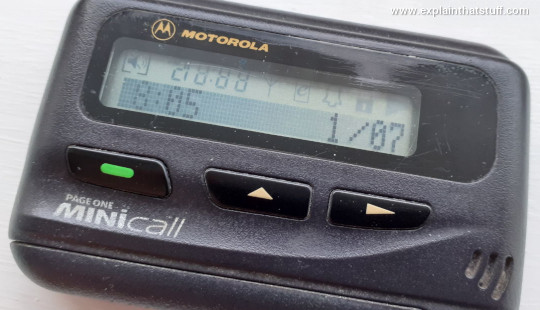Why Are Pagers Still Used by Militant Groups? Unpacking Their Popularity Amidst Modern Technology

In a devastating incident in Lebanon, at least nine people have been killed and approximately 3,000 injured following a series of pager explosions. The Lebanese Ministry of Health reports that more than 200 of the injured are in critical condition. Hezbollah, the militant group, has attributed the attacks to Israel and vowed retribution. No official statement from Israel has been issued yet regarding the blasts.
The explosions occurred across various locations, including Beirut and the Bekaa Valley. There is speculation that several high-ranking Hezbollah leaders may have been either killed or injured in the blasts.
What is a Pager?
A pager is a small communication device that was widely used for messaging until the 1980s. Though largely obsolete due to the rise of mobile phones, pagers remain in use by certain groups, including Hezbollah, for their perceived security advantages. Pagers operate using radio waves, allowing messages to be sent over specific frequencies.
How Do Pagers Work?
To send a message via pager, the sender must set the receiver’s radio frequency on their device and transmit the message. The message will be received only on that unique frequency. Pagers come in three types: one-way (receives messages only), two-way (sends and receives messages), and voice (sends recorded voice messages). They are considered more secure than mobile phones due to their basic technology and physical components, making them harder to monitor.
Theories Behind the Blast
First Theory: The explosion might have been caused by hacking the radio frequencies used by Hezbollah’s pagers. Data analyst Ralph Baydoun explains that pagers contain lithium batteries which, if overheated, can cause a “thermal runaway” reaction leading to a significant explosion. However, Baydoun notes that simultaneous explosions in so many pagers would likely require pre-existing defects in the devices.
Second Theory: Another theory suggests that Hezbollah’s recent order of 5,000 pagers from a Taiwanese company was intercepted by Israeli intelligence. According to The New York Times, Mossad planted explosives in the shipment before it reached Lebanon.
The incident has sparked a surge in online searches about pagers, with significant interest in the technology and its potential vulnerabilities.








